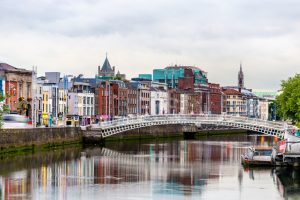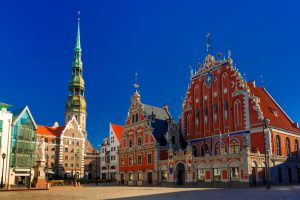Project
Overview
Rethinking urban food systems: circular economy, inclusion and urban ecosystem services
CRFS are proteiform orders and sui generis making it a complex task to integrate research concepts and innovation actions to support transition toward circularity and sustainability. Cities2030 work plan is structured to focus on regional context (territorial approach) with the city/partner at is core, to generate circular models between cities and their peri-urban areas.
Objectives
Secure healthy and sustainable food value chains
Stop food poverty and insecurity ensure access
Protect and preserve natural resources
Enhance circularity and local food belts
Develop food skills, culture and heritage
Partners
Cities2030 is structured by a CRFS-related partnership at different level and position of the food supply chain, from production to waste management (e.g., all cities practically), incorporating transformation, markets. Other partners are more specifically representatives of external yet correlated spheres, for instance inclusion and equity. Completing and interrelating partners consolidate this central expertise by bringing proficiency in policy research and development, technology and innovation, funding schemes and ventures, education, research globally. All develop on food related matters on a daily (cities), weekly or monthly base. Cities2030 assemble an exceptional number of partners with the most accurate expertise and experience for the achievement of the envisioned outcomes.
Synergies
Cities2030 synergies with other projects and initiatives are structured around the projects’ main aim, specific objectives and anticipated deliverables. This ensures the best alignment with each projects’ respective framework of activities, e.g., targeted audiences, local and regional realities, actors engaged in the activities, setting of the funding programme, policy frameworks, etc. Consequently, the design and planning of joint-activities anticipated under the umbrella of synergies are imperatively aligned with each projects’ specific action plan, also considering interlinks between the projects’ work packages (WP), and for Cities2030 especially WP4, WP5 and WP6.






